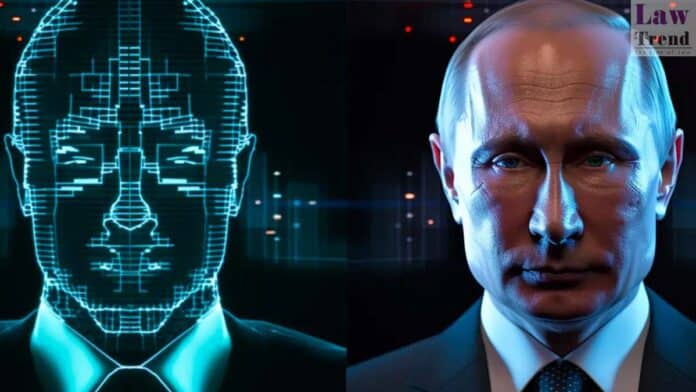The Delhi High Court emphasized the urgent need to control and regulate the spread of deepfakes on the internet, highlighting the growing threat they pose to the authenticity of information. The remarks were made on Wednesday by a Division Bench comprising Acting Chief Justice Manmohan and Justice Tushar Rao Gedela. “Today, what you are seeing
To Read More Please Subscribe to VIP Membership for Unlimited Access to All the Articles, Download Available Copies of Judgments/Order, Acess to Central/State Bare Acts, Advertisement Free Content, Access to More than 4000 Legal Drafts( Readymade Editable Formats of Suits, Petitions, Writs, Legal Notices, Divorce Petitions, 138 Notices, Bail Applications etc.) in Hindi and English.




